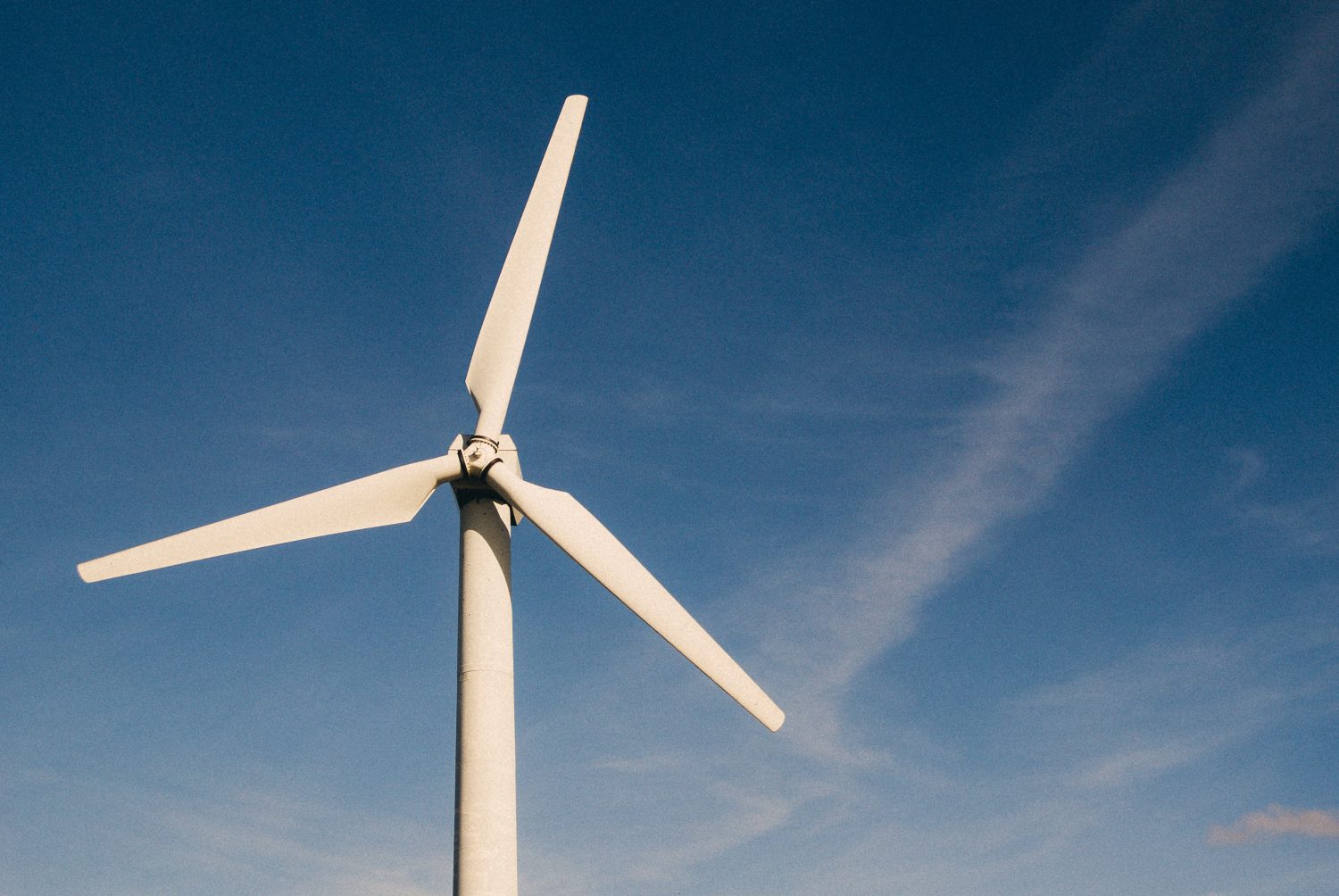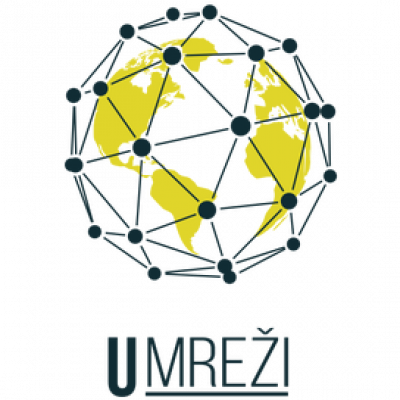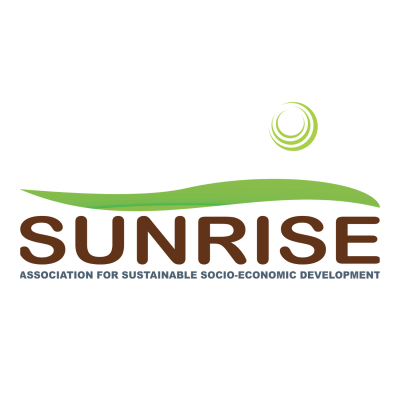The transnational project, “Revision of the Economy in the Balkans: Change Policy not Climate” wants to raise awareness among stakeholders, politicians and the general public for the economic potential of a Green Economy, to stimulate changes in consumption and production patterns, and promote a participatory approach to policy making.

Now in its third year, this transnational project is set out to gather best practices from the three participating countries of Serbia, Macedonia and Bulgaria for a Green Economy. The aim is to showcase and promote the transformation of the economy towards environmental, low-carbon and energy efficient production along with increasing prosperity and equity in society. Field research will help the partner foundations to identify individual examples of successful transition to a Green Economy, which then can support the formulation of policy proposals.
As the national targets for reduction of pollutant emissions – to which the Balkan states have committed themselves – are unambitious and insufficient to meet the goal of 2° C, which was set at the last two international Climate Conferences in Paris and Marrakech, these proposals are to be widely disseminated in the Balkan countries to convince societies and politicians to aspire to a green transition.
2017: Study “Revision of the Economy in the Balkans: CHANGE POLICY NOT CLIMATE!” and Campaigner’s Manual on Green Economy
As part of the 2017 edition of this transnational project, the Green European Foundation has published, with the support of its project partners Networked Serbia, Sunrise Macedonia and BlueLink Bulgaria a comprehensive research report that highlights which political conditions have to be fulfilled to move towards a green economy in those three countries and compares the prospects of Serbia, Bulgaria and Macedonia in terms of social factors, legal framework and the policy framework. The study can be downloaded here.
Furthermore, the project has produced a Manual on Green Economy for policy makers, which aims to promote the economic potential of a Green Economy by summarising the most important definitions and giving policy makers a tool at hand to argue in favour of a green economy and to debunk the most common misconceptions. Download the digital version of the manual here.
2016: Journalists and policy makers boost green economy
 In 2016, this project continued with the objective of providing space for regional capacity building in Bulgaria, Macedonia and Serbia, through international media workshops that enabled raising awareness and the promotion of green policies that protect nature and the regional public interest. This project aimed to facilitate ethical watchdog journalism as a key tool to raise awareness and promote green policies in Balkan societies, who have witnessed their public interest in the protection of nature being undermined due to malfunctioning democratic mechanisms.
In 2016, this project continued with the objective of providing space for regional capacity building in Bulgaria, Macedonia and Serbia, through international media workshops that enabled raising awareness and the promotion of green policies that protect nature and the regional public interest. This project aimed to facilitate ethical watchdog journalism as a key tool to raise awareness and promote green policies in Balkan societies, who have witnessed their public interest in the protection of nature being undermined due to malfunctioning democratic mechanisms.
The first workshop for young journalists from these countries was organised in Bulgaria, which resulted in a series of articles. It was followed by a capacity building workshop in Macedonia, organised for young Green politicians and activists, who published, under the mentorship of a policy advisor and other experts, a declaration.
2015: Establishing a Transboundary Watchdog Mechanism for Environmental Problems in the Balkans
When it was launched in 2015, this project was developed through regional capacity building workshops for young journalists, Green party members and Green activists from the South-East European countries. It represented an educational and professional opportunity for writing articles and working on policies related to the development of Green Economy in the region. In 2015, the focus was put on investigative journalism around the question of illegal logging and other unsustainable practices concerning management of forests and protected areas in these countries. As a result, the finding were presented during a series of seminars hosted with our partners in Bulgaria, Macedonia, Moldova and Romania.





